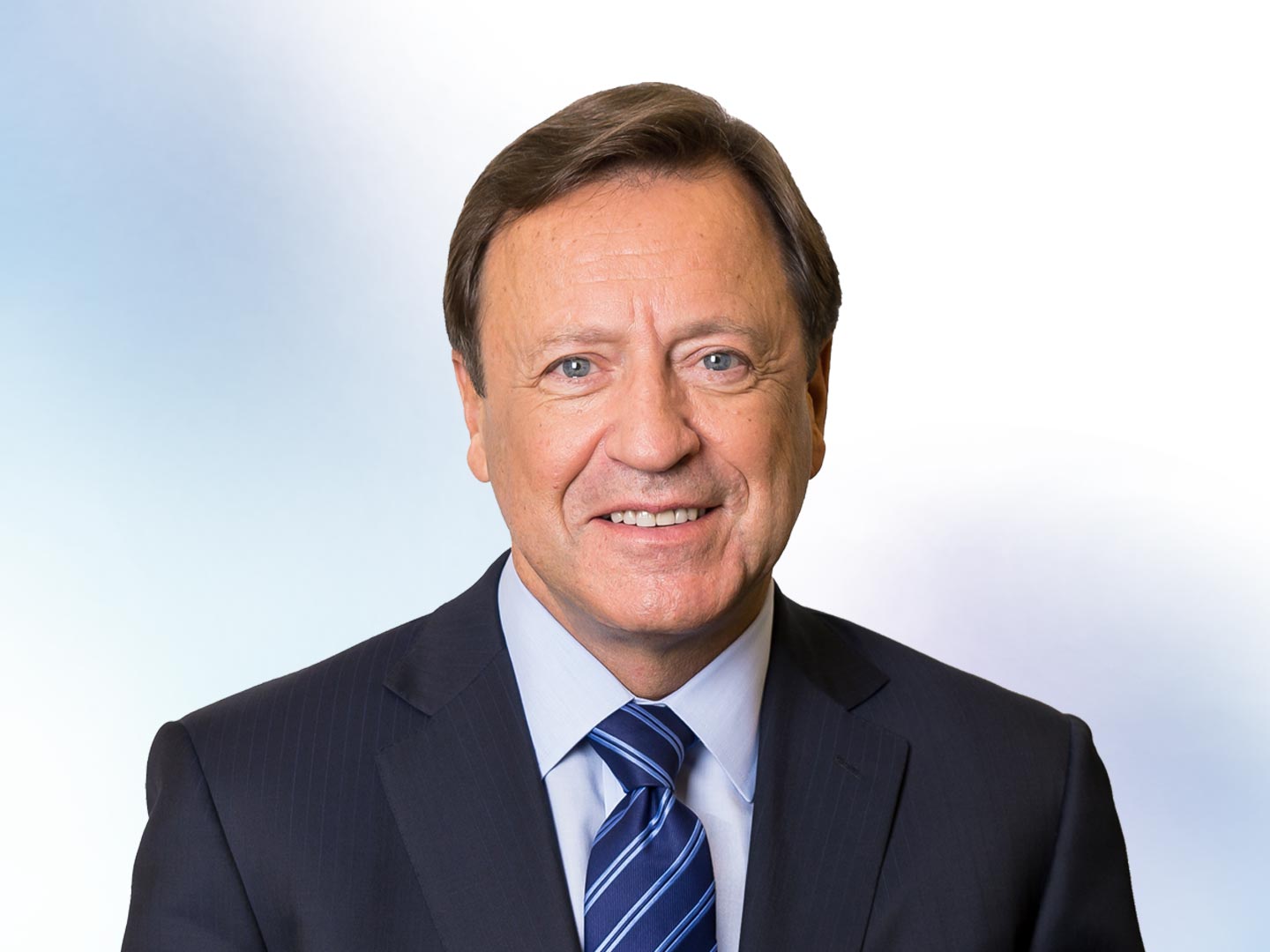Canada’s wealth management industry needs to balance technology-enabled experiences with a human connection
In Ronald Wright’s A Short History of Progress, he describes “progress traps” as the tendency for unchecked human innovation to create unanticipated problems. The Canadian wealth management industry is facing challenges that echo this sentiment, as the rapid adoption of technology has created the false impression that investors must choose between do-it-yourself financial planning and working with a financial advisor.
These challenges are exacerbated by market and socioeconomic conditions that can be characterized as VUCA—volatile, uncertain, complex and ambiguous—and are unlikely to change in the foreseeable future.
According to Aviso’s 2024 Member Experience Survey, 53 per cent of respondents stated that they have a written financial plan. The inverse suggests that 47 per cent are navigating a VUCA market on their own—and at a time when access to holistic, personalized financial advice and planning is essential.
Binary thinking won’t solve the challenges facing the Canadian wealth management industry. It’s time to fully embrace evolving investor demands with a refreshed value proposition where human connection and technology-enabled experiences are treated as equal and complementary parts of a robust wealth ecosystem.
The human in the loop
There’s a compelling parallel between the future of financial advice and the explosion of generative AI in 2022, when excitement about the technology’s applications and benefits were countered with valid concerns about the potential erosion of human empathy, ingenuity and experience.
The binary between people and technology gave way to a more nuanced conversation that focused on the importance of the human in the loop—a term that refers to the need for human oversight in developing and using technology—to ensure that generative AI would be ethical, fair and transparent.
The Canadian wealth management industry would benefit from similarly nuanced discussions. Technology should be embraced for its ability to democratize access to financial advice and planning, and advisors should be valued for their essential role in helping investors make deeply personal life decisions.
Balancing choice, trust and technology
An individual’s financial plan represents what matters most to them and their loved ones: a post-secondary education for their children, autonomy and dignity in retirement for themselves or their elders, the ability to purchase a home or the peace of mind that comes with having an emergency fund.
Investors are right to demand better experiences and access to valuable information when they interact with technology—but most would value financial advice and planning that is informed by an understanding of their values and goals. This is where a relationship with a trusted financial advisor—the human in the loop—becomes essential for a robust wealth ecosystem.
Take for example an investor who didn’t have the opportunity to go to university and is determined to fund their children’s post-secondary education. In an approach that offers choice, trust and technology, the advisor builds a data-enabled plan that is based on human connection. The advisor knows the children’s names, their career aspirations and why a post-secondary education could create opportunities and generational wealth for the family.
Innovation is essential to creating a more robust, accessible and scalable Canadian wealth management ecosystem, but the industry will be irretrievably damaged if we don’t maintain the balance between choice, trust and technology. Embracing this approach is essential to achieving our shared goal to empower individuals, families and communities for generations to come.

